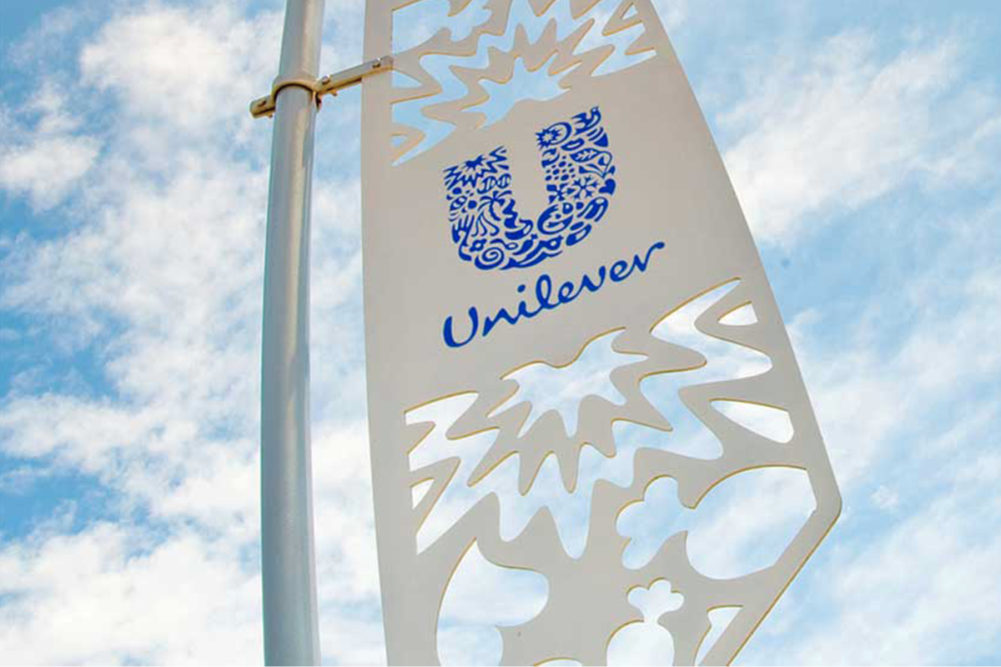LONDON – The abrupt closing of restaurants and foodservice institutions around the world due to the coronavirus (COVID-19) had a negative effect on Unilever PLC’s first-quarter results. Sales in the company’s Food & Refreshment business unit totaled €4.4 billion ($4.7 billion) during the first quarter, a slight decline when compared to the same period of the previous year when sales were €4.5 billion.
During the quarter, away-from-home ice cream volume fell 8%, according to the company.
“Our out-of-home ice cream sales are about €3 billion annually, of which nearly 70% is generated in the second and third quarters, with the second quarter the biggest,” said Graeme David Pitkethly, chief financial officer, during an April 23 call to discuss the results. “All the markets are different, but we’ve typically seen out-of-home ice cream sales decline by 50% or more when a country moves into lockdown and tourist and leisure destinations are closed down.
“We also have a (annual) €2.5 billion global foodservice business, which is also heavily impacted as cafes, restaurants and canteens close. And we’re typically seeing sales declines of around two-thirds when a lockdown happens in our foodservice channels.”
Alan W. Jope, chief executive officer, said he expects things will get more difficult for Unilever’s away-from-home ice cream and food solutions business as the year progresses.
Mr. Pitkethly said that in addition to the foodservice disruption, stay-at-home orders in China and India affected both production and consumption. Combined, the issues created a 1% drag on sales.
Partially offsetting the market disruptions was the pantry loading that occurred in such developed markets as the United States, the United Kingdom, Germany, and some parts of Latin America.
From a channel perspective, Mr. Jope said Unilever’s e-commerce sales have “rocketed.”
“For example, in the US, we’ve seen our e-commerce sales doubling in Q1,” he said. “And as a total company, e-commerce sales increased by 36% in the first quarter.
“And this change to online shopping and online media consumption is another factor that we think is going to have a lasting impact, as we saw with SARS and the swine flu epidemics, which really were points of inflection for the consumption of digital media and online shopping in China and in Hong Kong.”
Longer term, Mr. Jope said he has no doubt there is going to be lasting changes on the importance of value to consumers due to the virus.
“I think we are going to go into tough economic times for an extended period,” he said.
Given the uncertainty about how COVID-19 will affect markets around the world, Unilever withdrew its guidance for the rest of the year.
“There are many known unknowns, things that we know we don’t know, such as the progression of the virus, including second waves, the development pathways for both antigen and antibody testing, the treatments and vaccines,” Mr. Jope said. “We don’t know the skill and duration of government containment measures nor the mechanisms to unwind social lockdowns, and therefore, the severity and duration of the resulting economic crisis.”
He added that, in his opinion, the full impact of the virus in the favelas of Brazil, the townships of Africa and the slums of India has not been seen yet.
“Unilever is built for times like this,” Mr. Jope said. “Many of our countries have a track record and an instinct for managing through crises. We’ve learned a lot from those markets over the years where we’ve shown not just our ability to manage the immediate crisis, but almost always to come out of it with a strengthened competitive position.”
For the quarter, Unilever’s sales, including its home and personal care business units, totaled €12.4 billion, up 0.2% when compared to the first quarter of 2019.
Sales growth in developed markets was 2.8%, but the company experienced sales declines of 1.8% in emerging markets.






